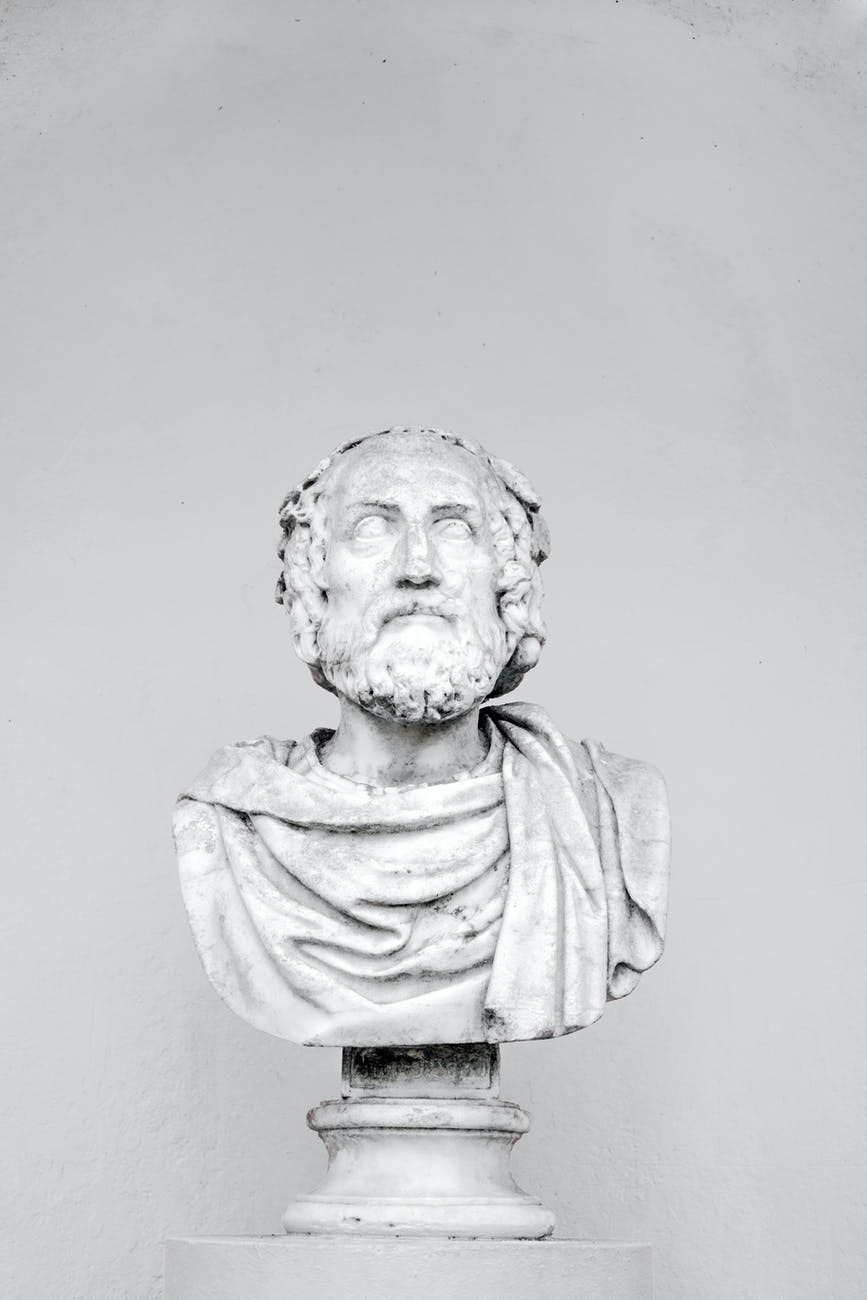Photos or it never happened – I left you pondering the question of what you consider strong evidence to authenticate people from antiquity. In particular, I asked what evidence do we have for the existence of Socrates, Aristotle, or Cleopatra?
You are reading a blog post not an exhaustive history text book, so we’ll keep things simple.
Socrates, a Greek philosopher considered the founder of Western philosophy, is authenticated by the works of his students. Socrates himself never wrote any lasting written documents. Not all the works of his students were preserved – we rely mainly on the work of two students: Plato and Xenophon.
We know Aristotle existed by his own extensive writings. However, we know little about his life. Yet, his scholarship influenced many academic fields for centuries, from biology to meteorology to political science. Interestingly, his published works, characterized as “a river of gold” by Cicero, did not survive to modern times, although many of his lecture notes are still available.
People still search today for a tomb or burial place for Cleopatra, the Queen of the Ptolemaic Kingdom of Egypt from 51 to 30 BC. After her death, Egypt became a province of the Roman Empire. Her image survives in various art forms, such as sculptures and minted coins.
Nonetheless, most people do not doubt the existence of these individuals, although one never wrote lasting documents (Socrates), one had only a third of his writings survive (Aristotle), and one has a grave that has yet to be located (Cleopatra).
Think again about what is a realistic expectation for evidence of historical figures from antiquity.




